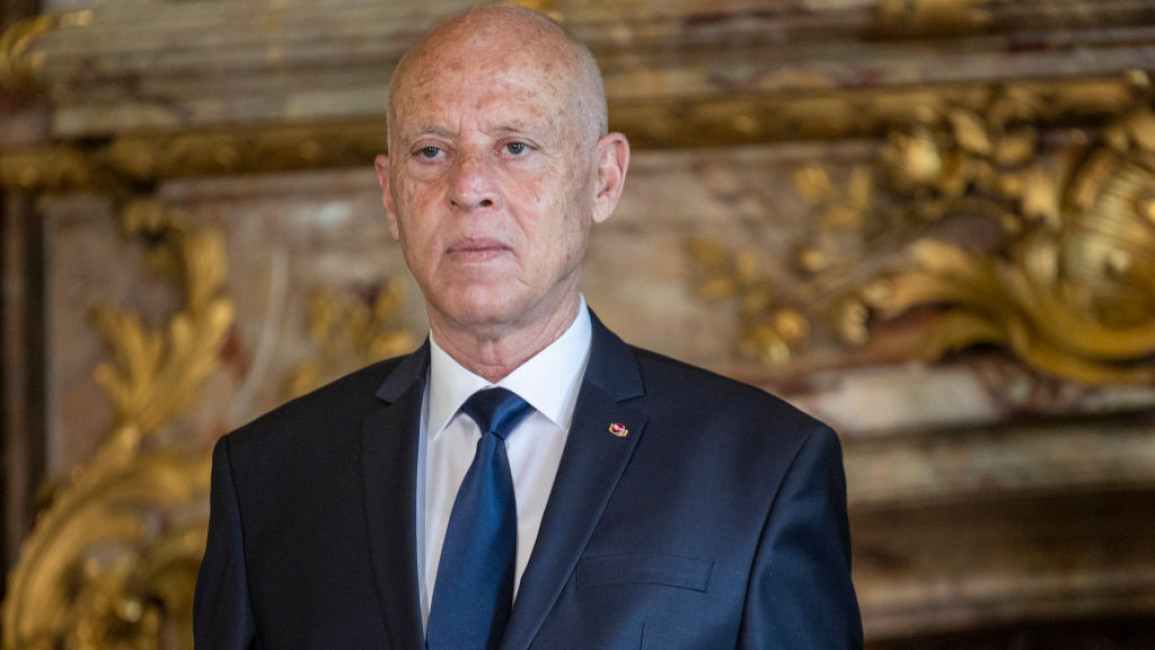Amnesty urges Tunisia to stop 'deeply worrying' probe into MPs protesting Saied's power grab
Amnesty International has urged Tunisian authorities to stop investing lawmakers who protested a power grab by President Kais Saied, calling the probes "deeply worrying repressive moves".
The rights group said authorities have opened criminal investigations against at least 20 MPs who took part in an online plenary session to protest Saied’s decision to dissolve parliament at the end of March.
Ten MPs were summoned for investigation, with all but one interrogated by the authorities, according to the Amnesty report.
The Tunis Court of Appeals prosecutor had warned that an additional ten parliamentarians would be investigated, the report added.
"The Tunisian authorities must end political persecution of members of the parliament and respect, protect and fulfil their rights to freedom of expression, peaceful assembly and association, in line with the country’s international human rights obligations," Heba Morayef, Amnesty International’s regional director for the Middle East and North Africa, said in a statement.
"The fact that the investigations were launched the same day that President Saied ordered them speaks volumes about the ever-tightening grip he has on the criminal justice system- and authorities’ increasing misuse of the courts to target state critics," she added.
President Kais Saied called the online plenary session, which featured parliament speaker Rached Ghannouchi, a "failed coup attempt".
Ghannouchi, leader of the Islamist Ennahda Party, was also summoned by authorities for "conspiracy against state security".
On 25 July, Saied suspended parliament, sacked ministers, and seized several powers in what has widely been described as a coup.
Since then, authorities have investigated and prosecuted several individuals for openly criticising the government.



